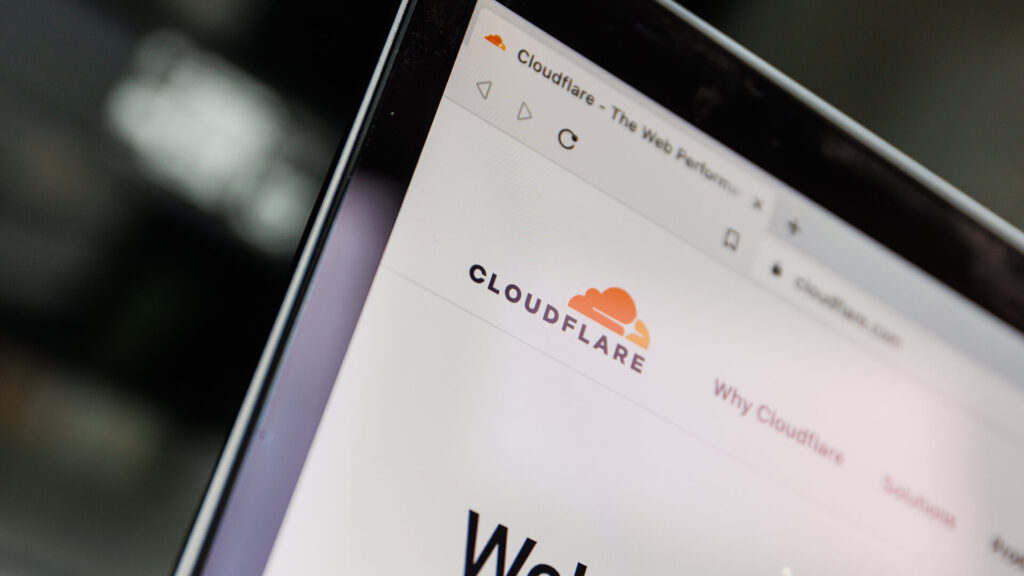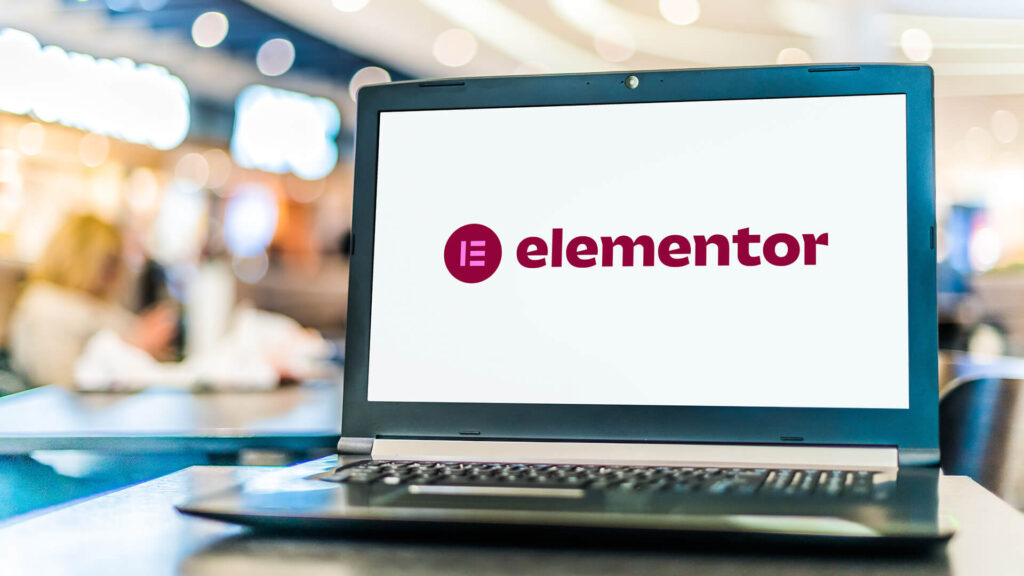Having a website is crucial for any business or individual trying to establish an online presence. However, creating and maintaining a website can be an expensive endeavour. It’s essential to set a realistic budget for your project to ensure it’s successful without breaking the bank. We’ll explore various factors that affect website costs and share tips on how to set a realistic budget.
1. Determine Your Website Goals
Before setting a website budget, it’s vital to determine what you want to achieve with your website. Are you creating a simple blog, an e-commerce store, or an interactive platform with lots of features? Your website goals will ultimately determine the complexity of the site, the number of pages needed, and the features required. It’s essential to have a clear idea of what you want to build and what features you need. Along with what your website will achieve also think about the common features – check out our top 10 here.
2. Consider the Time Needed for Development
The development time required for creating a website varies depending on its complexity and the features required. A simple website such as a one-page website can take less than a week to develop, while an e-commerce site with thousands of products may require several months of development time. Please feel free to contact us should you want an estimate of how long we think it would take to develop your idea.
3. Determine the Cost of Hosting
There are several hosting providers available, each with different prices and features. The cost of hosting depends on the traffic volume, storage requirements, and the hosting provider’s prices. It’s advisable to determine the hosting cost upfront and plan to pay for it in advance annually, so you can save on monthly fees. At Digily, we offer both monthly and annual plans where we can take care of all updates and backups. We also offer bespoke plans if you’d like us to manage your content too. Find out more about hosting here.
4. Decide on Content Creation and Marketing Costs
After setting up a website, the next step is to create content and promote it to attract visitors to the site. Content creation costs vary depending on the type of content, the quality required, and the number of posts per week. Social media marketing and search engine optimization (SEO) can also help attract visitors to your site. These activities will require an extra budget outside the development and hosting expenses.
You can have the best idea and website in the world, but it’s important to set aside some money so you can actually tell people about your website.
5. Be Mindful of Ongoing Maintenance
A website requires ongoing maintenance to keep it running smoothly, especially after launching. You’ll need to update the software, back up data and resolve any issues that may arise. It’s essential to factor in the ongoing maintenance cost in your budget.
Creating a website requires careful planning and budgeting. A realistic website budget considers the website goals, development time, hosting costs, content creation, and marketing expenses. By considering these factors, you can ensure that your website is successful and continues to meet its objectives.
Digily Development Costs
Our development costs start from £2,500.00.









